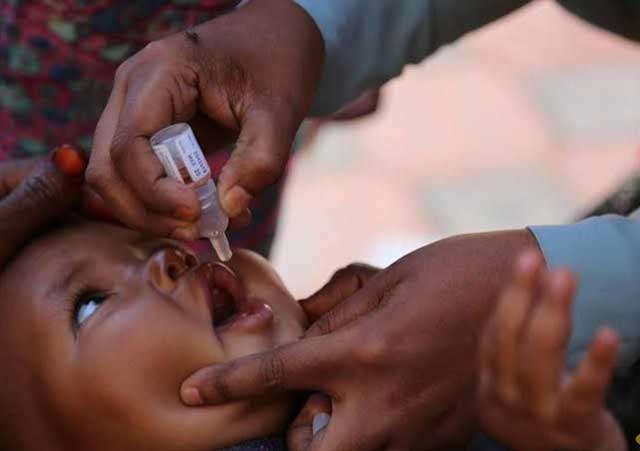
Kampala, Uganda | THE INDEPENDENT | More than 500,000 babies in Uganda are exposed to polio and tuberculosis. This is because they are not born in hospitals.
When children are born, they are supposed to receive polio zero and Bacillus Calmette–Guérin |(BCG) vaccines which protect against tuberculosis at birth. The vaccines are administered at health facilities. However, currently the more than One Million babies born annually get the vaccines at birth, leaving an estimated 560,000 babies not protected against the diseases.
Dr Immaculate Ampaire, the Deputy Programme Manager of the Uganda National Expanded Program says the low uptake of vaccines issued at birth is an indication that some babies are not being born in hospitals.
“The uptake of vaccines such as polio zero stands at 65 percent. This vaccine is given to all babies at birth in health facilities. The babies that are not getting this vaccine are not being born in health facilities and this is dangerous because it exposed the babies to avoidable diseases,” she said.
Dr Ampaire says while most mothers eventually take their children for immunization at the one and half month mark, this leaves the children at risk of contracting avoidable diseases.
“These vaccines have been made to build immunity. If a baby misses one vaccine they are vulnerable. The protection offered by the vaccines is built after receiving particular doses after a given time. Getting one dose here and it is not right,” Dr Ampaire said.
Dr Richard Mugahi, the assistant commissioner of infant and maternal health at the ministry of health attributed the high number of babies born out of hospitals to few health centres in the country.
He says, often women are forced to travel long distances in search of medical care, which makes it hard for many of them to deliver children to designated health institutions.
According to doctors, the presence of traditional birth attendants in rural parts of the country stops mothers from going to hospitals. As a result, children miss out on getting polio zero vaccines.
The government banned TBA in 2010 with the argument that they are not skilled to handle conditions such as haemorrhaging in women which are estimated to contribute to at least 42 percent of all maternal deaths in the country.
Despite their ban, some women like Christine Nankya, a resident of Wakiso district and a mother of three children says she prefers going to TBAs because they are more caring and experienced compared to the young out of school midwives found at many health centres.
“At times you go to these clinics but the nurses there do not have a lot of experience. Some of them are rough and just keep on shouting at you, yet you’re even being told to pay money. Some look like they are senior one student. I have used this birth attendant for all my children and I prefer her,” Nankya says.
Dr Mugahi says that government needs to provide means by which expectant mothers go to hospitals. He says the lack of reliable transport means often pushes mothers to go TBAs.
“We cannot get into a shouting match with TBAs. We know they were outlawed but women still want them because they are nearer to them. Previous campaigns we have had in Western Uganda have shown us that if we can provide transport to expectant mothers, they prefer going to health centres,” Mugahi said.
*******
URN
 The Independent Uganda: You get the Truth we Pay the Price
The Independent Uganda: You get the Truth we Pay the Price


